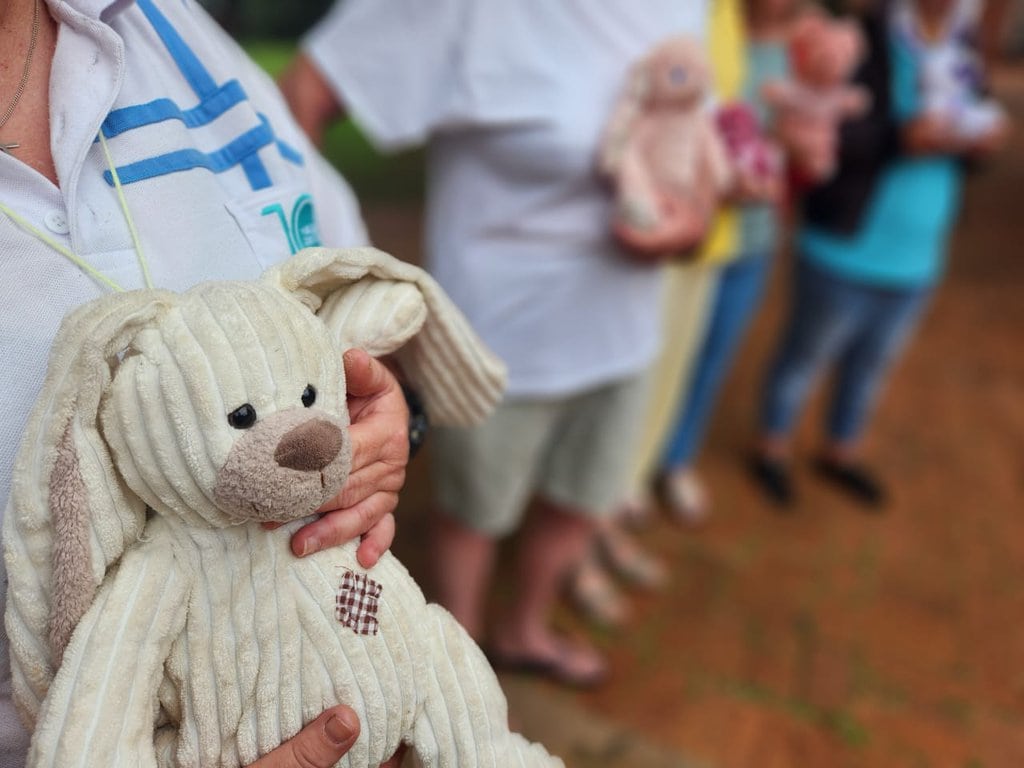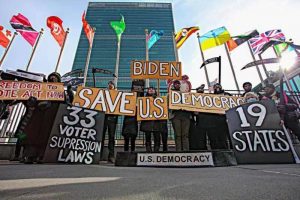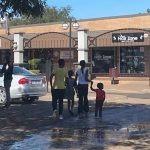Every year on March 21, human rights day, I write about the Life Esidimeni tragedy. Every year I try to understand what has happened in this timeline since June 2015 until now. Why it happened. Every year on March 21, I see the victims’ faces in front of me. Every year on March 21… but also every day in between.
Never again
The slogan “Never Again” stuck in my mind. Never again, never again should this happen. Never again can our defenseless people’s human rights be violated like this.
The inquest into the Life Esidimeni tragedy was completed at the end of October 2023 in the Pretoria High Court. The investigation was started on 19 July 2021 with the aim of determining whether anyone can be held criminally liable for the deaths of the more than 140 mental health patients due to, among other things, malnutrition and pneumonia.
They died in Gauteng between March and December 2016 when more than 1,500 mental health patients were transferred to unlicensed institutions where they did not receive proper care. The Gauteng government has already paid out R405 million to victims.
It is now left to the court to make its findings and recommendations. A date for that has not yet been specified.
Solidarity Helping Hand and AfriForum’s private prosecution unit, which represents some of the families of the victims, want judge Mmonoa Teffo to recommend that justice be done so that responsibility is taken for the hasty and unplanned moves simply to save money. Solidarity Helpende Hand labels this as one of the biggest human rights violations ever by the state in South Africa.
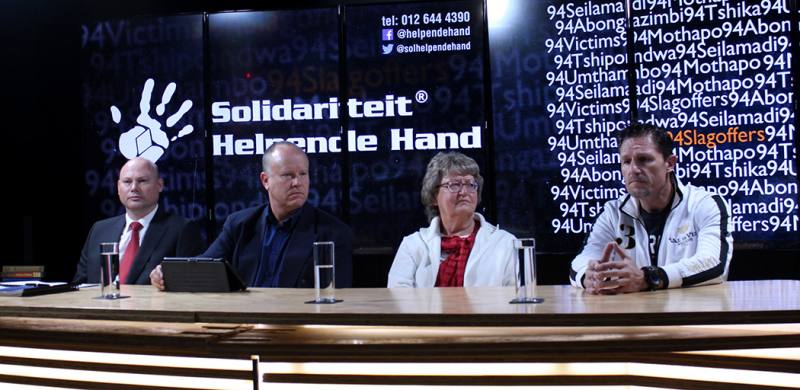
Furthermore, among all the noise, one’s ears make the whistle sound, and in between this whistle sound you find yourself next to the bed of one of the victims of this tragedy and it feels as if time stands still… I do not mention the victim’s name, but because the victim was just a number. No, this was someone’s child, someone’s little brother. This person created by our Heavenly Father was definitely not just a number.
Next to this bed, in this cold room, you feel and smell the sadness. You see what others are trying to hide, you can’t hear how the victim feels because he can’t tell you. Because this child died alone under the hand of those who had to look after him. Under the hand of those who had to protect his human rights. This child was never found either. There is no grave for mom and dad to go to. This child is gone, taken away. Never again.
Where were the real ones?
According to the South African Human Rights Commission, the Constitution is the supreme law of South Africa. The Bill of Rights in the Constitution specifically records all the rights to which the people of South Africa are entitled. These rights cannot be easily changed by laws, as they are specially protected in the Constitution. These rights are often used by the courts along with Bills of Rights to decide human rights cases.
Human rights are basic rights that everyone has, simply because they are human. They do not have to have earned it, and these are not privileges given by a person or government. You have them the moment you are born, and they cannot be taken away.
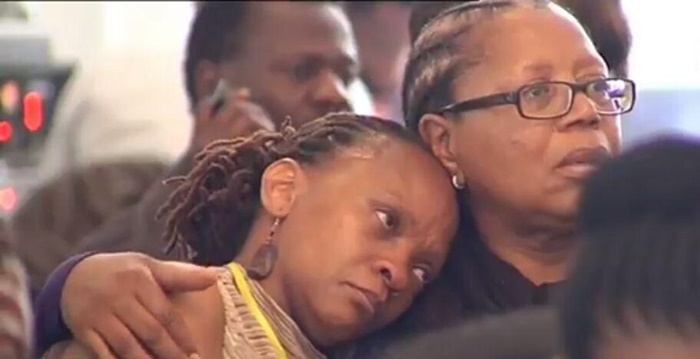
I would like to dwell on the following 4 articles:
- Section 10: This article states that everyone has inherent dignity and has the right to have their dignity respected and protected. This means that everyone is entitled to equal respect. The right to dignity is hardly connected to other basic rights, and where other rights such as the right to access to water and sanitation are violated, the right to dignity is also often violated.
- Article 11: This article provides that everyone has the right to life. No one may end the life of another person. The right to life requires the highest possible protection by the state and all the people in the country. For example, the court can no longer sentence people to death, because the Constitutional Court has declared the death sentence unconstitutional.
- Article 24: Everyone has the right to an environment that is not harmful to their health or well-being. Rights to a safe environment are becoming increasingly important to monitor, as businesses and other stakeholders carry out work such as mining that can contribute to pollution and the destruction of natural resources. Pollution of the environment can cause serious health conditions in communities exposed to this pollution. So this right creates an obligation on the state to ensure that the environment is properly managed.
- Article 27: Everyone has the right to have access to health care services, including reproductive health care; adequate food and water; and social security which includes, if they are unable to support themselves and their dependents, appropriate social assistance. No one shall be denied emergency medical treatment
Now I ask myself – why, if it is written like this, it is not lived like this. Where were these victims’ human rights ever taken into account, where was their life and existence ever taken into account?
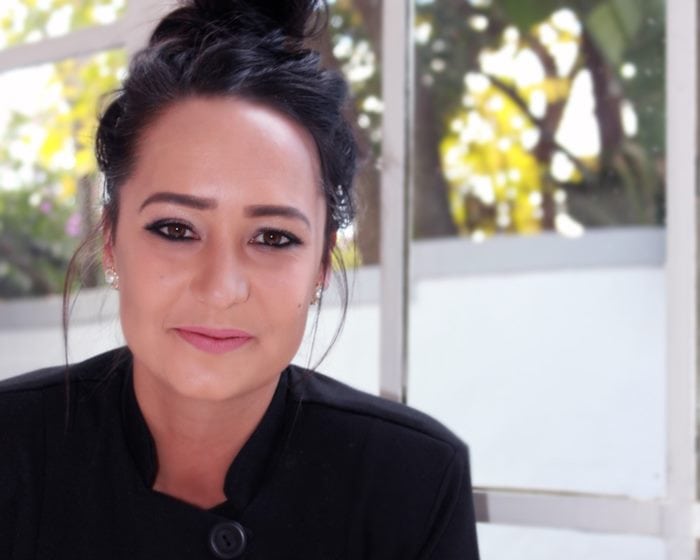
Today on March 21, like every year, I fall silent again in prayer for the families who have lost someone they dearly loved, for every mother who has lost a child, for every family member who is empty due to blatant negligence of the state and the lack of love and care of people who were supposed to be trained precisely in these areas of values.
I become silent and I pray, but I also pray that justice may finally be done, that the responsible persons will be held accountable.
And finally, I pray for a community that can live out values and not just speak, values are a verb for us here at Solidarity Helping Hand and it is time that all state institutions also take it up.
Never again.

